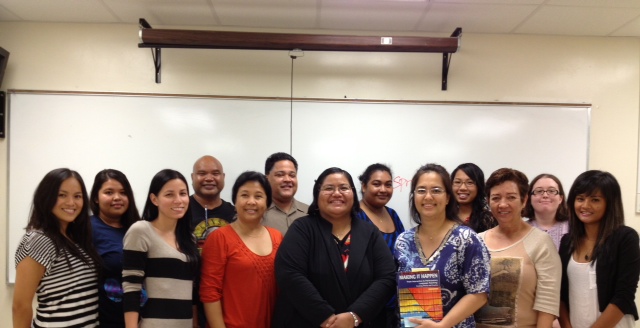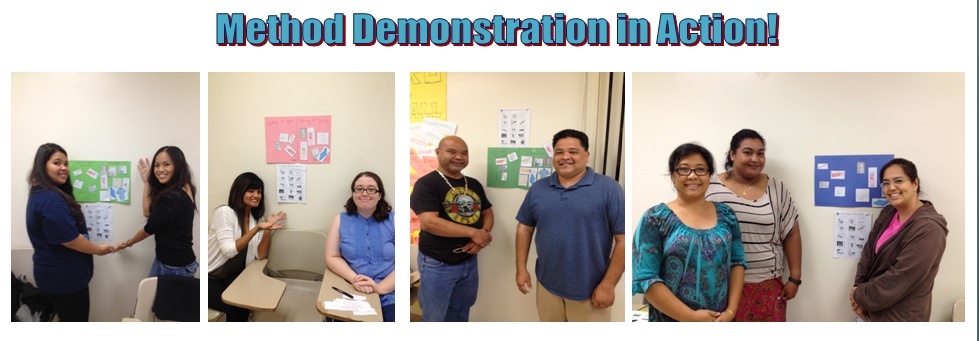I know that you all have read chapter 3. I just want to know what you have to say for the following questions.
“According to Freire (1970b), the relationship between teacher and student should be dialectical. What kind of classroom environment might foster this relationship? What sorts of activities might take place in such a classroom? Can you envision yourself in a dialectical relationship with your students?” (Richard-Amato, p. 89).
I have posted on today’s forum in response to one of our classmates that there are times I become my students’ student. Having done and said that, apparently, I envision myself in a dialectical relationship with my students. Dialectical process, according to Freire, is based on “libertarian education” in which the teacher and students are partners (p. 83). Richard-Amato explains that through meaningful communication, students are involved in acts of cognition. Dialectical process leads to cooperative relationship between the teacher and students which is important in second language teaching. As most of us are in this class to become teachers in ESL, I think understanding dialectical process is something good to know so that we can try or make use of particular activities with the goal to achieve meaningful social interaction in our ESL class and beyond. And what do you think?







Lwin, I totally agree that we should understand the dialectical process in order to achieve meaningful social interaction. Socialization is essential to our students in our schools today. Sometimes I feel, more that when I was going to school. Because our ways of teaching are moving towards a lot of peer involvement and cooperative learning, we really should take a deeper look into the dialectical process.
ReplyDelete